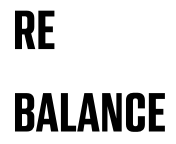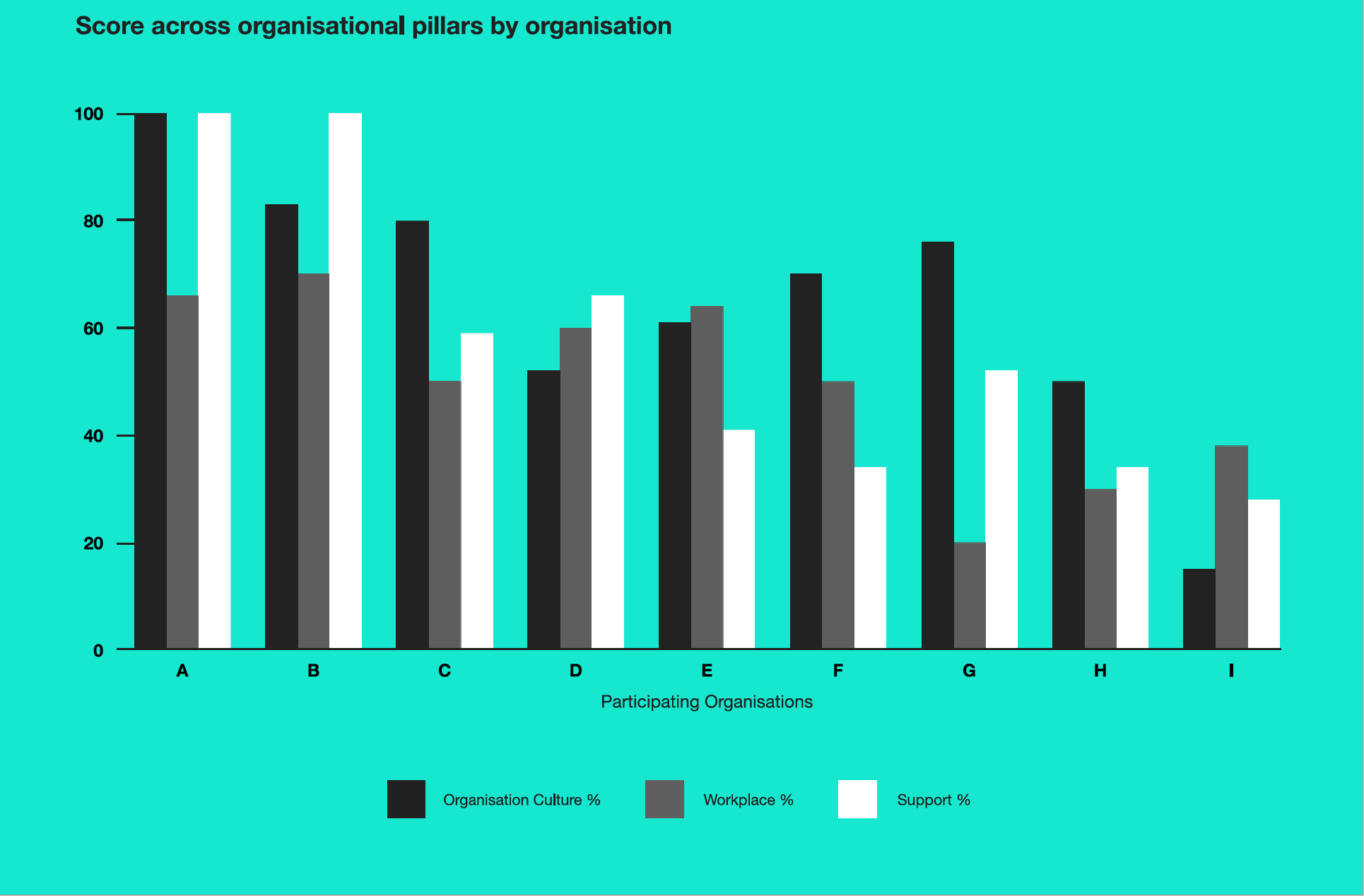
Construction Industry
Implementing Mental Health and Wellbeing for the Construction Industry
Image by Scott Blake
In the UK alone, in the construction industry for every 35 fatal injuries, there is an average of 650 suicides annually, a ratio of 17.45:1 with 26% of workers having contemplated taking their own lives.
-Office of National Statistics, Suicide by Occupation
The Re-Balance Approach
Recognise.
A survey conducted by the UK's Chartered Institute of Building (CIOB) of over 2000 construction industry professionals found that stress was the most common mental health issue experienced in 2020.
There are a number of contributing factors for those working on-site such as long hours, low pay, isolation from family and friends, poor living conditions, bullying, lack of job and financial security, all of which may contribute towards poor mental health if steps are not taken to lessen the impact or support not accessible.
Across the geographical regions covered in this research, construction has the highest proportion of suicides across all industries. Death by suicide statistics alone does not reflect the scale of the problem with an additional 26% of workers also having contemplated taking their own lives.
The challenging nature of work along with the demographic profile of the workers creates a high-risk environment for suicide. In the UK the risk of death through suicide is almost four times higher than the male national average (ONS). Meaning every working day, on average, two construction workers die by suicide.
The data centre supply chain team can improve and save lives by working together to innovate and lead on creating change across the sector globally, sharing learning on what works in practice, and establish a framework of standards that are achievable and will deliver long term sustainable change.
Review.
There is an opportunity for employers to identify the factors that are affecting the mental health of workers and to take action that will improve lives. The consortia of construction businesses that were involved in this project recognised that creating a mentally healthy environment is both the right thing to do and crucial for business prosperity.
Re-Balance took a deep dive into key areas through 4 key instrumental phases:
Phase 1.
Conducted a rapid review of existing employee well-being and mental health programmes, initiatives, strategies and collated supporting data.
Phase 2.
Interviewed CEOs, Senior Leadership Teams, HR and Well-being Representatives to understand the culture, appetite for change, opportunities for growth, as well as any personal or systems blocks to creating a mentally healthy workforce.
Phase 3.
Designed individualised reports to each business. These reports assessed them against workplace mental health standards and provided a clear approach for their mental health and well-being strategy.
Phase 4.
Produced anonymised benchmarking report so that each company could see how they score within the consortia.
Respond.
Each company received their own detailed analysis report, identifying its individual scoring and position against the consortia.
Focussing on the opportunities identified in the gap analysis the Re-Balance Team provided each company with a clear road map, outlining how they can progress and improve against the Re-Balance elevator matrix to becoming a health creating company.
This report also used the combination of organisational data and qualitative data from interviews held with the company CEO and Wellbeing Leads and/or HR teams. Each company was mapped against a wide range of assessments and received a unique company score.
A final aggregated report, which combined all 12 global construction companies, was presented back to the collective CEO group and the data centre commissioner.
All 12 companies who took part are now utilising their report findings and clear guidance to influence and further develop their mental health and wellbeing strategy.
The Data Centre Mental Health & Wellbeing Mandate
If every construction company implemented the Re-Balance mandate and set a clear target to reduce suicide rates to 0 just as they do with accidents with clear Heightened Risk Assessments then that would be a phenomenal rebalance in the world.
Assess Data - Reduce Risk Through Leadership Accountability
Educate - Mental Health Awareness and Suicide Prevention Education Programmes
Provide Support - Mental Health and Wellbeing Professional on Every Site
Recognising our project experts.
Poppy Jaman OBE
Global Mental Health Ambassador
Founder of Re-Balance and CEO of City Mental Health Alliance. Formerly CEO, Mental Health First Aid England, Public Health England NED.
Collaborated with Centre For Mental Health, IIMHL, WEF, CBI, City Of Guilds, University Of Gloucestershire, Deloitte, KPMG, PWC, Linklaters, Microsoft, London Stock Exchange, Bank Of England, HSBC, BUPA, GS, FCA, Brunswick, Investment Association.
Jaan Madan
Workplace Mental Health Expert and Programme Director
Founder of Re-Balance. Formerly Mental Health First Aid England Head of Workplace, Home Fundraising Head of Internal Comms and Workforce Development. Adult Social Care ESCC.
Collaborated with Cabinet Office, Skanska, Mace, VolkerWessels, Siemens, BAE Systems PLC, Redraw, Building Mental Health, Rugby League, London Stock Exchange, CMHA, CMHA HK, Bank Of England.
Martin Coyd OBE
Industry Expert and Mental Health Ambassador
Formerly Head of Health, Safety & Wellbeing at Skanksa, Lend lease, Mace.
Collaborated with Build UK Health Working Group - Chair, CITB H&S Committee - Chair. UK Government Public Health Responsibility Deal, Construction - Chair.
Alison Unsted
Global Workplace Inclusion and Wellbeing Expert and Strategy Director
Formerly Head of D&I and Engagement BAE Systems Pie, Global Head of D&I and Wellbeing Hogan Lovells LLP.
Collaborated with City Mental Health Alliance, MHFA England, Deloitte, KPMG, PWC, Oliver Wyman, Linklaters, Allen & Overy, BNY Mellon, London Stock Exchange, Bank of England, HSBC, Lloyds Banking Group, FCA, M&C Saatchi, Wells Fargo, i3, Strategyzer









